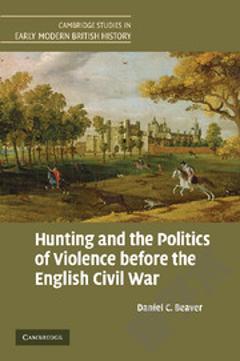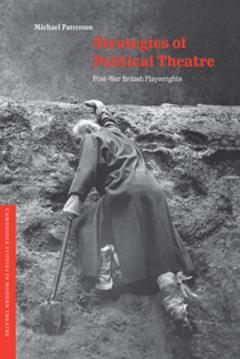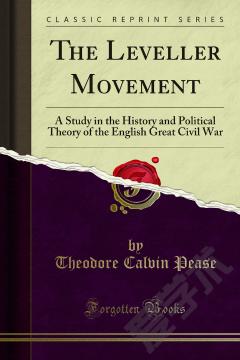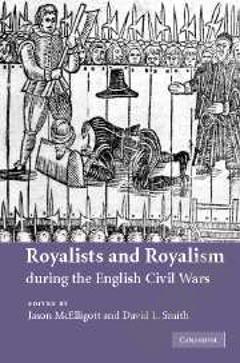Drama and Politics in the English Civil War
In 1642 an ordinance closed the theatres of England. Critics and historians have assumed that the edict was to be firm and inviolate. Susan Wiseman challenges this assumption and argues that the period 1640 to 1660 was not a gap in the production and performance of drama nor a blank space between 'Renaissance drama' and the 'Restoration stage'. Rather, throughout the period, writers focused instead on a range of dramas with political perspectives, from republican to royalist. This group included the short pamphlet dramas of the 1640s and the texts produced by the writers of the 1650s, such as William Davenant, Margaret Cavendish and James Shirley. In analysing the diverse forms of dramatic production of the 1640s and 1650s, Wiseman reveals the political and generic diversity produced by the changes in dramatic production, and offers insights into the theatre of the Civil War.
{{comment.content}}








 京公网安备 11010802027623号
京公网安备 11010802027623号